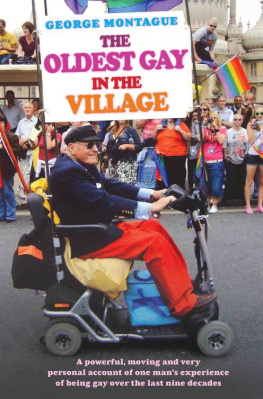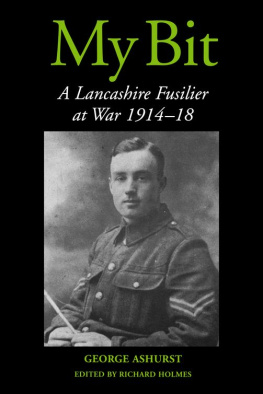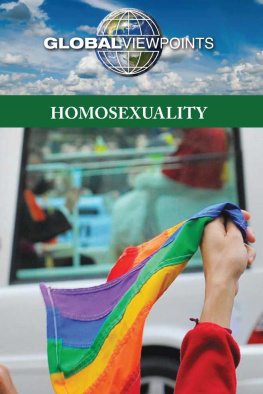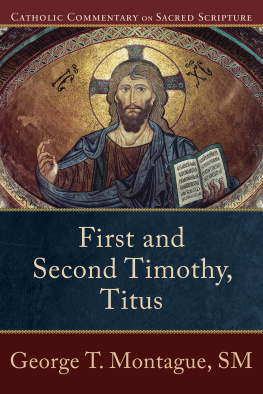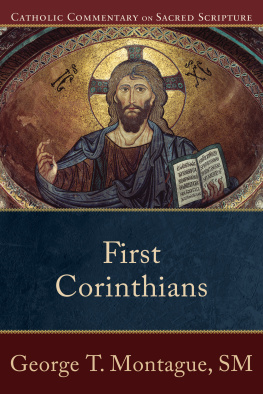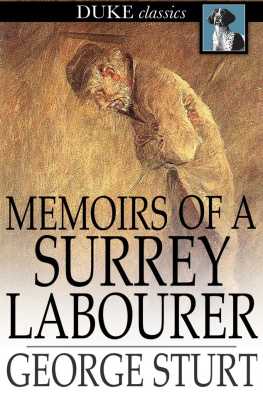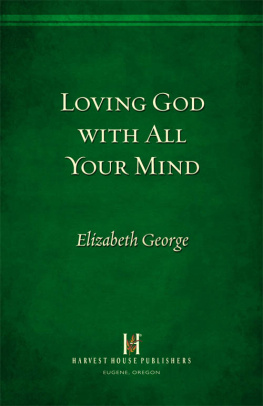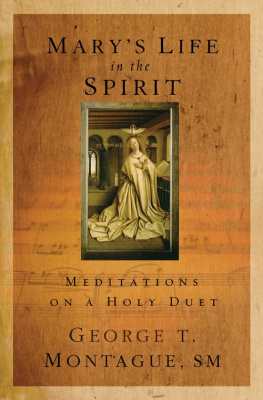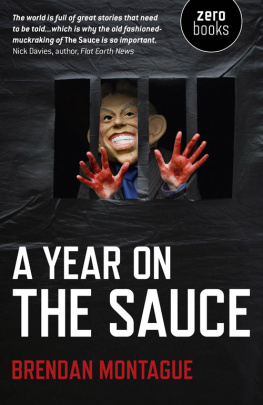I dedicate this book to the memory of my parents and my late wife Vera.
With all my love and thanks to my civil partner Somchai, without whose care and devotion this book would never have been finished, illustrated or printed.
O n Wednesday, 13 July 2013, the Queen affixed her signature to a 64-page document that ended literally and symbolically several hundred years of hatred, discrimination and persecution.
The document in Her Majestys regal hands that day had the catchy title Marriage (Same Sex Couples) Act 2013. Underneath this heading was the explanation that this was An Act to make provision for the marriage of same sex couples in England and Wales, about gender change by married persons and civil partners, about consular functions in relation to marriage, for the marriage of armed forces personnel overseas, for permitting marriages according to the usages of belief organisations to be solemnised on the authority of certificates of a superintendent registrar, for the review of civil partnership, for the review of survivor benefits under occupational pension schemes, and for connected purposes.
Getting this law on to the statute books had been a struggle. It met with implacable opposition from religious groups: more than 400 leading Muslims signed an open letter condemning it on the grounds that they would be robbed of the right to raise their children according to Islamic teaching, while the Bishop of Shrewsbury used his Christmas sermon to equate it with Nazism and Communism.
It also tore apart the Conservative Party, which makes it all the more admirable that Prime Minister David Cameron stuck to his guns, defied his party and pushed the Act through Parliament.
This book is a record of a mans life. A man born in 1923, when homosexuality was not simply despised and misunderstood but was a criminal offence and one which regularly ruined and imprisoned countless men, young and old.
It is the story of a boy who spent all his childhood in a tiny isolated cottage and left the little village school at the age of 14, barely literate or numerate but who, thanks to restless energy and a constantly enquiring mind, went on to run his own highly successful business for nearly 50 years.
It is also the story of homosexuality in Britain and of a double-life, of ignorance, intolerance and constant danger. The story of a young man who discovered in his 20s that he was gay, but who married a wonderful woman, fathering three children and despite living apart from his wife for 22 years remained extremely close to her until her untimely death.
Britains legal and institutional hatred of homosexuality would claim many victims and I was one of them. It led to a cruel and cynical criminal prosecution and the tarnishing of half a lifetime devoted to the Boy Scout movement and to the needs of handicapped children. It would also lead to terrible, and utterly false, suspicions that I was a paedophile.
To call someone a paedophile is to confine them to the lowest circle of hell and to do so while they are still alive. A convicted paedophile is a nonce, and a nonce is the person that every other convicted criminal burglar, rapist or murderer can spit on and feel good about it.
Paedophiles are there to be jostled, beaten and shanked (that means raped) in the showers, and the rest of the prison population will whistle and look the other way. It follows that you should not call someone a paedophile unless you are pretty sure of your facts. And certainly not on the basis of crude ignorance and prejudice.
But I am getting ahead of myself.
I dont believe in astrology but it is a lot of fun. My star sign is Gemini, the heavenly twins, and Geminis are said to have a dual nature. I certainly fit that bill and I have come to think of myself as having two sides: Gemini A and Gemini B.
For much of my life I was in the closet, hiding my sexuality, living a double life, living a lie, a sort of true-life Jekyll and Hyde. And so, Gemini A is me as most of my friends, Scouting colleagues and business acquaintances knew me. All of them will now have reached late middle age or be even older. Some I hope will read this.
Gemini B is the gay me who lived both covertly and eventually in the open a good and gay life. All my gay friends will identify with this part. But I also hope members of the general public particularly those who may have prejudices and homophobic views will read it and perhaps come to learn something to their (and everyone elses) benefit.
I used to say that where there are prejudices we need to create understanding. But as time has passed I have tended to add we also need acceptance, because we cant expect people to understand what we dont understand ourselves.
For I cannot tell you why I am gay. The one thing that has hurt me and annoyed me more than anything else about being gay is that people will, even to this day, insist on describing it as a chosen way of life.
Can people choose to be left- or right-handed, to be tall or short, to have brown eyes or blue? For years those who were born left-handed were encouraged and often made to change. It isnt so long since the colour of a persons hair and eyes was used to determine their racial value. Today we know that for what it was Nazism and fascism and we condemn it. So why should anyone think that a homosexual man (or woman, for that matter) should be able to choose their sexuality?
And since they we cant, what are we supposed to do about it? Some sections of Christianity like to teach that there is nothing a person who finds that he is gay can do except to be celibate. But why? If he (or she) is true to himself and to others, if this person does no harm or, at least, no more than a heterosexual person why should he or she be condemned to a lonely, unhappy life?
I hope that if, as you start this book, you think we have had any choice that by the time you have reached the end of these pages you will have changed your mind; and that you may temper your intolerance with compassion, with sympathy and maybe just maybe with understanding and acceptance.
I need to warn you, though. Many of you will find many parts of this account shocking and uncomfortable. There are incidents in it that I regret and others for which I make no apology however explicitly they may be described. But remember, you are not reading it aloud or discussing it in a group: there is no need for embarrassment, since for the moment it is just this book, you and me.
Nor, of course, do you have to read it all although I hope you do. For it is a story of its time and for our times.
I am now firmly into my 10th decade on this planet. For too many of them I had to deny who I was or, at least, to hide a very real part of me from public view. But now, at the age of 91, I am known celebrated even for being who I am: within the past few years the Gay Pride March in Brighton (where I have lived for many years) did me the great honour of asking me to lead the parade.
I am the Oldest Gay in the Village. This is the story of my life and, by extension, of countless others; lives lived half in shadow, half in light. And it is also the story of how mine became a love that can finally speak its name.
O n Wednesday, 4 September 1957, a relatively short (just155 pages) government report became an instant bestseller. All 5,000 copies of its first print run sold out within hours of publication. The unlikely sensation had the prosaic, A Report on Homosexual Offences and Prostitution, but it would thereafter always be known by the name of the man who headed the committee that drew it up Sir John Wolfenden.
Wolfenden and 12 other representatives of Britains great and good had deliberated for three years before arriving at their recommendations. Three years of taking evidence, often in conditions of utmost secrecy, and pondering the nature of homosexuality and what the country should, or should not, do about it.

